Thanks Council for the Arts at MIT for making the experience so great. Most are surprised to see MIT ranked as the world's second-best school for art and design (QS Rankings).
|
The MIT campus paper I wrote for as an undergrad, The Tech, is re-doing its website, so I thought it was a good time to revisit and compile my articles from back in the day. I wrote quite a bit as a staff writer and Arts Editor (and now I miss having a press pass to cultural events!). Next academic year I'm hoping to do some freelance arts writing for other publications; if anyone has ideas, please let me know. Meanwhile, feel free to browse the archive below. Thanks Council for the Arts at MIT for making the experience so great. Most are surprised to see MIT ranked as the world's second-best school for art and design (QS Rankings).
I’m sitting in the St. Thomas airport waiting for my flight to Heathrow. Toting a hiking bag stuffed with salt-encrusted clothes, I search for an outlet to charge my laptop; it’s been dead nearly three weeks. My hair is still wet from this morning’s dip in the ocean. “You get off a boat?” asked the man ahead of me at check-in. I wondered what gave it away. Was it my freckled skin and I-don’t-care ponytail? My callouses? My travel partner joking about peeing in a bucket? As I sit down to write this blog entry, I find reflecting upon the last 22 days somewhat overwhelming. In that time we, eight friends, sailed a 65’ boat across the Atlantic. Every aspect of my daily routine changed dramatically and abruptly during those days at sea. I was pleasantly surprised that, apart from friends and family, I didn’t miss land much. It feels as if a year, or several, passed in those days. It was an adventure of a lifetime. For me the journey started about three weeks before we left port. While out in London at a celebration, I received the following text from a friend:
The friend is the founder of a non-profit called <SailFuture>. The reason behind the last minute request is a somewhat of long-story, see <previous blog post>. We chatted details, but all I could say initially was “still trying to work out logistics; haven’t forgotten.” Finally it worked out, in large part to the encouragement of my friend Elizabeth (“Bizzy”) Walton, and the support of other friends and family. Before I explain the sail further, let’s get some “FAQs” that usually come up in conversation out of the way.
I really trusted our Captain, Mike. One of the first things you see below deck is a handwritten sign reading “No Bullshit” taped in the galley. When I agreed to join the crossing, I trusted him not only to lead us safely across the Atlantic, but also to pull together a competent crew with good group dynamic. Here’s a story from our fourth day at sea that confirmed our faith in the Captain; it’s taken from an excerpt of my journal entry three days before Christmas.
People make the boat. We had no Internet or contact with the “outside” world during our crossing, apart from a satellite connection reserved for emergencies. This meant that all of us onboard couldn’t hide behind our phones or laptops; we had to hang out old-school style. It took perhaps two or three days to shake the habit of wanting to check my phone for updates. It took us no time to get to know each other. I guess hours and hours of uninterrupted conversation does that to people. If there was ever a lull during a night shift we’d play “would you rather” or go around telling stories. When our phones were all dead and unchangeable, we sang songs totally out of key. We got on like a house on fire. Thank goodness, because this would be a very different crossing if not. Maybe the circumstances forced us to get along, but I don’t think so. We actually did all get along. Mike, the one who brought us all together, must’ve had a feeling we all would. People dynamics have the potential to make all things sour when you’re living confined in close quarters 24/7, everyone out of their comfort zone in some way or another. If one person is in a funk it quickly infects the group. There was only one day that I felt we got anywhere close to the “Mutiny” scene in Life Aquatic. I won’t go into the details, as they are mundane and have lost context; but we got over it by listening to each other and saying nice things before the evening meal. There’s an unspoken rule for me when living in any form of inescapable tight quarters: If a person has headphones on or has retreated to a spot on the boat away from others, leave them alone. On land if you saw your friend sitting at an edge of a café you’d of course approach them even if only for a quick hello. On the boat there is zero private space. There are times when you feel superfluous, question your usefulness, and become insecure. Other times when you, rather vainly, think what would this boat do without me? We’ve plenty of sea stories. I kept a detailed daily journal. Nearly all of it I wouldn’t publish. It’s personal, but also needs a good deal of context. Maybe I’m just a bad storyteller, but chatting with friends I quickly realize only a few of the stories really click, even if they weren’t the most telling for me. Here’s one of them: On Boxing Day, I woke up in the middle of the night from what I thought was me falling asleep at the helm. I tried adjusting the wheel to the heel of the boat that I felt, but it was pitch black. We’re use to sailing in just moonlight, a small light illuminating our heading on the compass. I woke up the crewmember sleeping next to me. “Turn on the compass and windex lights! I can’t see anything! The boat isn’t responding!” They were confused. I was dreaming, of course, a very vivid dream. I laughed, relieved, once I realised I was in my bunk. Two days later another helmsman had the same dream. It became a recurring phenomenon. Family and friends were the only things I genuinely missed about land. I especially missed my sister on her 18th birthday. She was playing squash for Team USA at the British Junior Open for squash (yes, she’s impressive) in England and I was supposed to be there. I wondered if she was going out for a drink since she’d be legal in the UK. I wondered how she was feeling about her game. I wondered if she was mad at me for missing her. Thinking more about it made me sad. I also reflected on the high seas from a geopolitics perspective, something related to my PhD work. Appropriately, the week before departing I attended a workshop on the high seas sponsored by the <Global Ocean Commission> at my college in Oxford. All the proposed suggestions had a very tangible meaning now that we were out here on the high seas. Many have likened the high seas to the Wild West. It’s true that you can get away with anything out here. There’s no one around. It is lawless. Check out the <New York Times’ fantastic expose on “Lawlessness on the High Seas">. On one side of the debate, there is the beautiful dream that the high seas could be a place, indeed an opportunity, for international peace and cooperation. But humans largely need a sense of ownership to act responsibility. I’m no exception. I remember sharing a bedroom with my sister when we were younger. She’s messy and I’m neat. There was a line in the room, dividing messy from neat. I never cleaned her side although she wouldn’t mind it. I’m also thinking of the high seas in terms of the game we often played on nightshifts. Would you rather have to respond to a radio call from a government every time you entered a country’s territorial waters, and perhaps even pay a toll for sailing across their waters? Or, would you rather have total freedom, but allow the ocean decline from overexploitation? What’s the balance? This issue begs for a longer discussion in a separate piece. The thing I most wondered about before the trip was, how would it feel to be completely surrounded by nothing but ocean? For 22 days we saw nothing but ocean to all edges of the horizon. There was no reference for size or location. You could easily go crazy. If you didn’t trust the compass or maps you’d wonder, have we moved at all? Never have I seen so many consecutive sunsets and sunrises. Every day the sky put on a different show, between sunset, moonrise, and sunrise. Bizzy, a keen eye, saw nearly three-dozen shooting stars during the voyage. My six-hour flight back to England over the same ocean was surreal. I’ll never look out the window during one of those crossings and view that ocean the same way. Here’s a “FAQ” to end with: Q: Would you do it again? A: Absolutely.
UPDATEsJan 24, 2015 Many thanks to Stuart Young (@STUARTLIVEART), founder of Illustration Station, for creating this illustration during my TEDx Talk last weekend. Feb 16, 2015 Teen Vogue ran a profile after the talk; full piece here. Dec 15, 2015 The talk is finally live! Check it out at out on the TEDx YouTube channel:
With the popular hastag #ILookLikeAnEngineer, it was a sweet surprise to see my sister Isabel's article (below). When I began in robotics, there were no girls involved at my school. Studies now show having role models in science and engineering that shatter stereotypes can be powerful for young girls who may be thinking about math, science, and engineering. 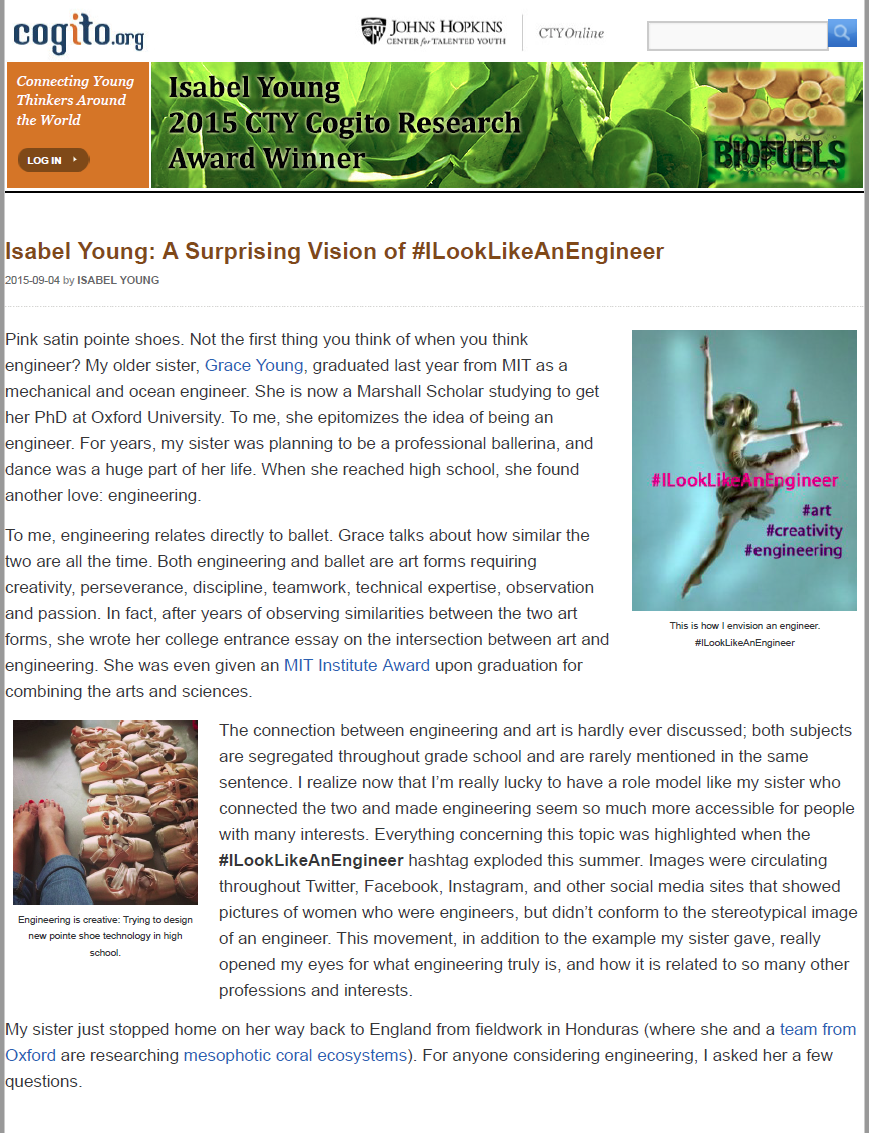 For three weeks over Christmas I'll help sail SailFuture's vessel Defy the Odds across the Atlantic from the Canary Islands to the US Virgin Islands. See previous posts about SailFuture's #SailforJustice program (why the boat is currently in the Canary Islands) and about my time onboard last July.
After landing in the US Virgin Islands, Defy the Odds will take guests on week-long trips between January and April before the next iteration of its central mission -- providing high-risk juvenile offenders a transformative alternative to incarceration through training and teamwork at sea. Learn more about their "Vacations with a Purpose," and maybe you'll wind up on the boat as well! I likely won't have Internet again until about January 6th. More updates to come after that! I'll be taking plenty of photos and keeping a journal, so until then, bon voyage! I spent an incredible week on the #SAILFORJUSTICE boat in July (see post). The nonprofit SailFuture helps troubled teens break the cycle of behavior that keeps them in the criminal justice system by living, learning, and training together on a donated racing yacht and other sailing programs. You can read about their fantastic success and transformational program on their website. Their crew of formerly incarcerated teens is now training for a 2,700-mile race across the Atlantic Ocean. Follow their story by signing up for updates. Here's the most recent status report from the program's founder and executive director, Michael Long:
UPDATETrying and learning is all part of success. See important update from the #SAILFORJUSTICE team.
Thanks divein.com for this infographic about the ocean!

We Need a CERN for the Oceans: Time Magazine Op-ed - How to Save Our Sick, Neglected Oceans9/15/2015 I wrote an op-ed that TIME Magazine published about the need to create a multinational research effort (like CERN) for the oceans. It's a timely piece, with the UN General Assembly meetings starting in NYC this week and the UN's International Conference on Sustainable Development next week at Columbia University. Read more at TIME.com/4029379/cern-for-the-oceans/
Image and text via Pew Charitable Trusts.
This event is also advertised on the Johns Hopkins University's Center for Talented Youth website. UPDATE!Thanks to all who joined! You can watch a recording of the talk here.
I'm one part shy of finishing Snyder and Murphy's The Wake, a graphic novel about ocean exploration gone awry. I recommend! And for other action-packed stories of ocean adventure, check out Shadow Divers by Robert Kurson (a true story!) and the Dirk Pitt Adventures by Clive Cussler (whose son Dirk visited us in Aquarius during Mission 31!). Sneak peak of The Wake
I'm currently on Utila, an island off Honduras, collecting data. I'm working with Operation Wallacea and two other graduate students from Oxford. Regular updates are on my Instagram and our expedition Facebook page, "Thinking Deep." Right to left that's Dom, Jack and me, the Oxford underwater research team.
A few weeks ago I was a guest on the Oceans Project Podcast hosted by Roger Overall and Sarah Weldon. Check it out! Episode 43: The Lady Who Lived Under the Sea
This week 15 volunteers sailed the Aegean with SailFuture Captain Mike Long on his journey from Turkey to Florida, bringing a donated vessel to the non-profit’s headquarters. Half of us knew each other previously; half of us didn’t. We were all somewhat acquainted with Mike. Mike founded the non-profit, SailFuture, which teaches at-risk youth responsibility through sailing as an alternative to incarceration for teens with extensive criminal records. Their goal is to help troubled teens break the cycle of behavior that keeps them in the criminal justice system and prevents them from being responsible and happy members of their communities. You can read about their fantastic success and transformational program on their website. I also had them highlighted on the ACT NOW page a few weeks ago. I can’t speak highly enough of the program. This year a generous donor gave SailFuture a 65' racing yacht (a MacGregor Pilot House for the boat nerds out there). Mike and his first mate Jeremy repaired the boat and are sailing it from its donation point on the Black Sea in Turkey to its destination point in Florida. Along the way they’re picking up a ragtag bunch of SailFuture friends and supporters to help sail each leg of the journey home. For the uber-curious, here’s my day-by-day account of the week. In short, my leg of the trip was wonderful. Mike and his team’s passion and dedication not only impressed me, but invigorated my own endeavors. Not to get all soppy, but it was a seminal week that I’ll forever remember -- easily the most fabulous week of the year. I’m look forward to supporting SailFuture’s endeavors as best I can going forward. They’re currently fundraising to race a misfit group across the Atlantic. You can learn more at SailFuture, or reach out to me or Mike with questions. Other crew posted about the trip as well: Elizabeth Linzer: “The Best Way to Vacation: With Purpose” Kristen Moran: “Greece 2015 with Sail Future” Francisco Gonzalez: "Americans Stimulate Greece on Sail Future’s Week 4 Expedition" And! From our onboard reporter: "James O'Keefe Goes Undercover in Greece During Financial Crisis" Vacation over.After Greece I pit-stopped in Oxford to repack gear. I flew out early in the morning to begin the three day journey to meet up with the rest of the Oxford research team at our research site on the island of Utila, off Honduras. I’m looking forward to the adventure and to testing new technologies and gathering data for my PhD.
Hey there! Mission 31 made it into TIME Magazine's Modern Explorers Edition! Check out the magazine at news stands or via collectors on Amazon.com. TIME's online coverage here.
I'm currently with Professor Carlo Beltrame's team diving shipwrecks off the coast of Southern Sicily. More to come when I've better internet! Check out their recent papers here. UPDATE: Photos!
^Boat trip out to Roman shipwreck, passing stunning landscape of Taromina, Sicily
My room looked like a dive shed the last few weeks, gear strewn about as I packed for our 100m dive training in the Red Sea. I try to be a minimalist in general, but you need a sizable amount of gear to safely reach 100m and return all in one piece! People often asked me what gear I'm using, so here it goes, a "what's in my bag" post (not-quite a la Zoella style). I hope this helps others sorting out dive kit! Please add any questions below.
The last two months my research team at Oxford and I have been exploring mesophotic reefs using Hollis Prism 2 rebreathers. More information in this blog post -- "Diving Deeper and Longer to Study Never Before Seen Coral Reefs" and our Facebook page -- "Thinking Deep."
|
Author
Grace Young (B.S., MIT, Ph.D, Oxford) is an ocean engineer, aquanaut, and explorer currently working at X. She lived underwater as a scientist and engineer on Fabian Cousteau’s Mission 31, and is a National Geographic Explorer. Categories
All
|
|||||||||||||||||||||||||||||||||||||||||||||||||||||||||||||||||||||||||||
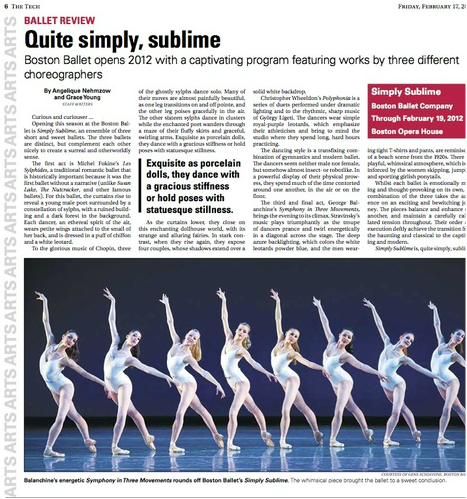
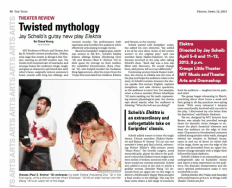
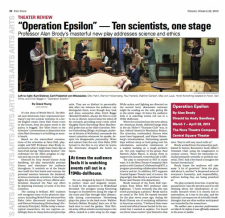
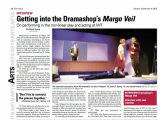
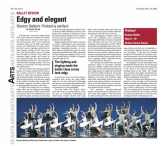

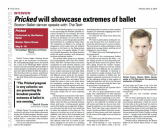
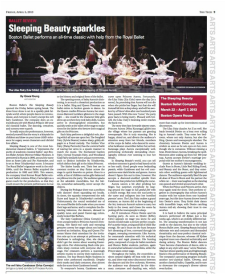
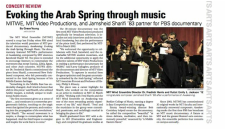

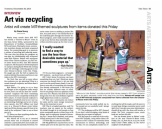
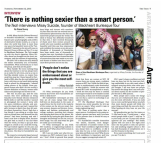
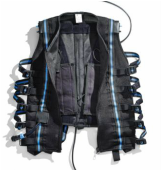
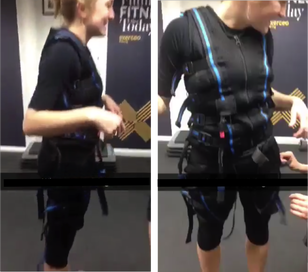

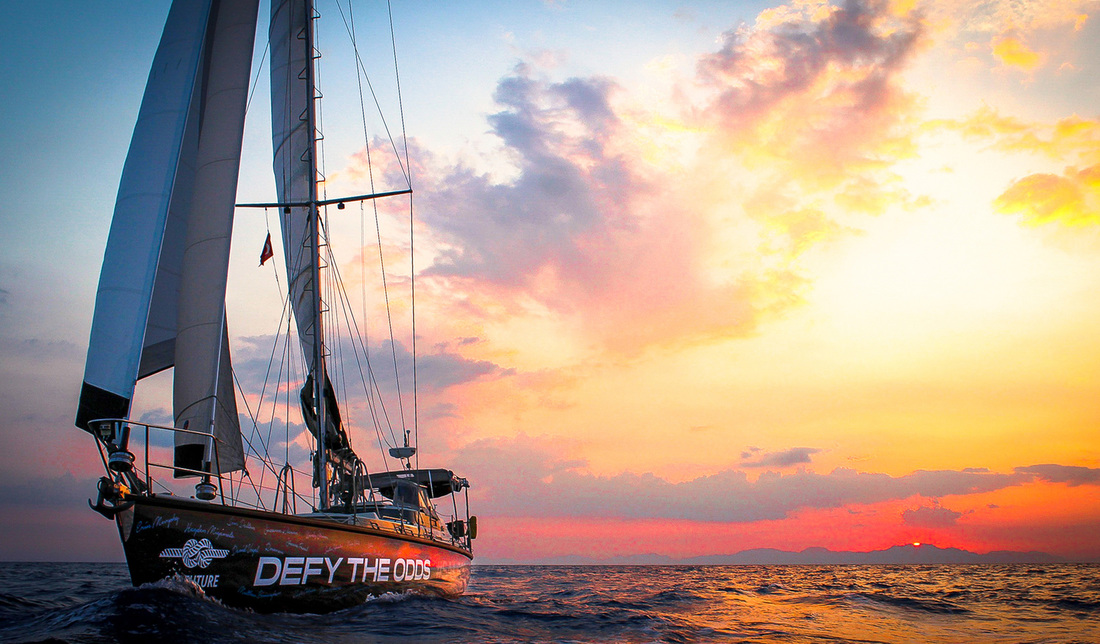

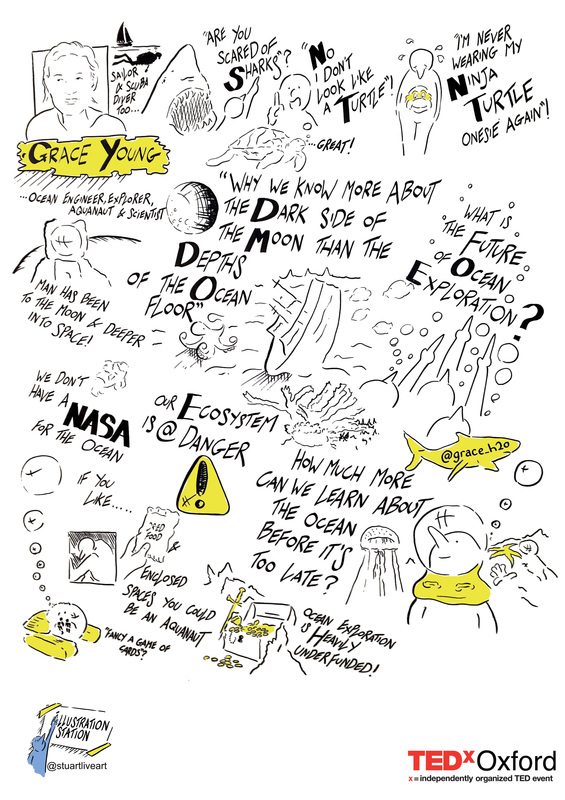

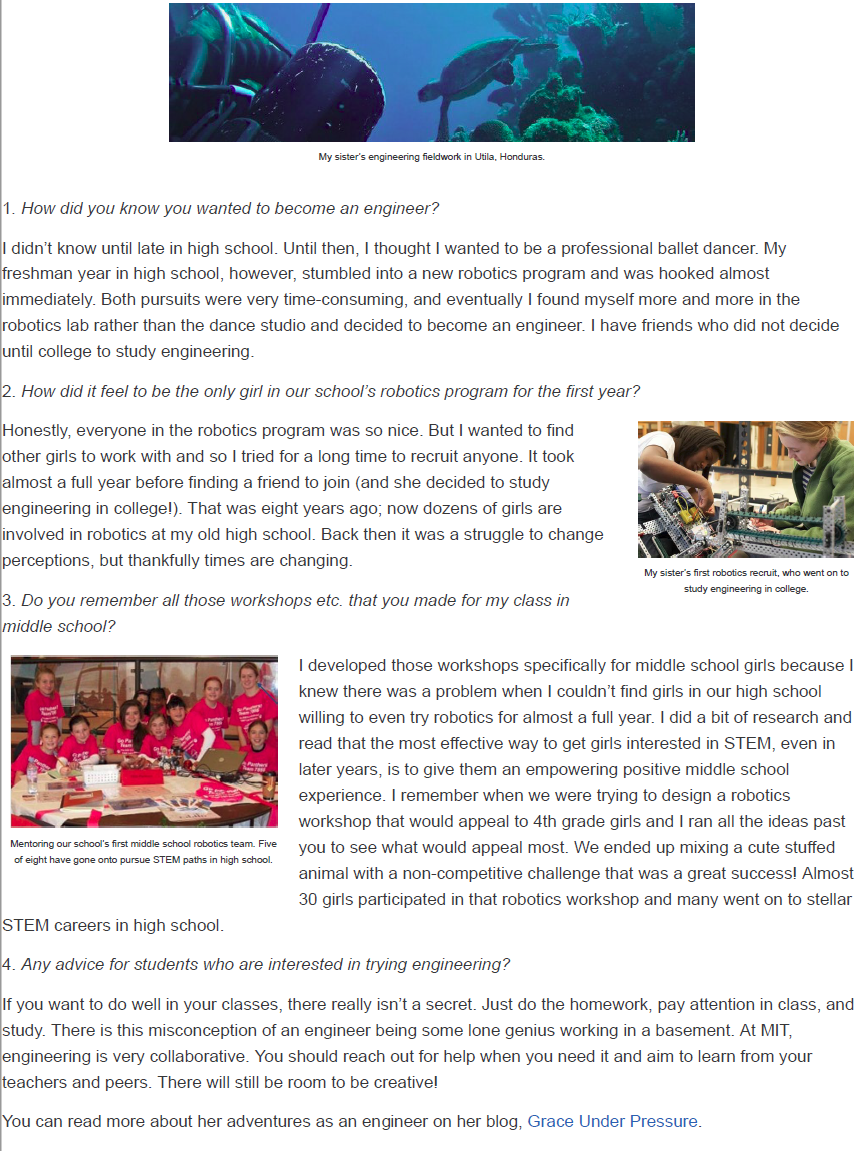
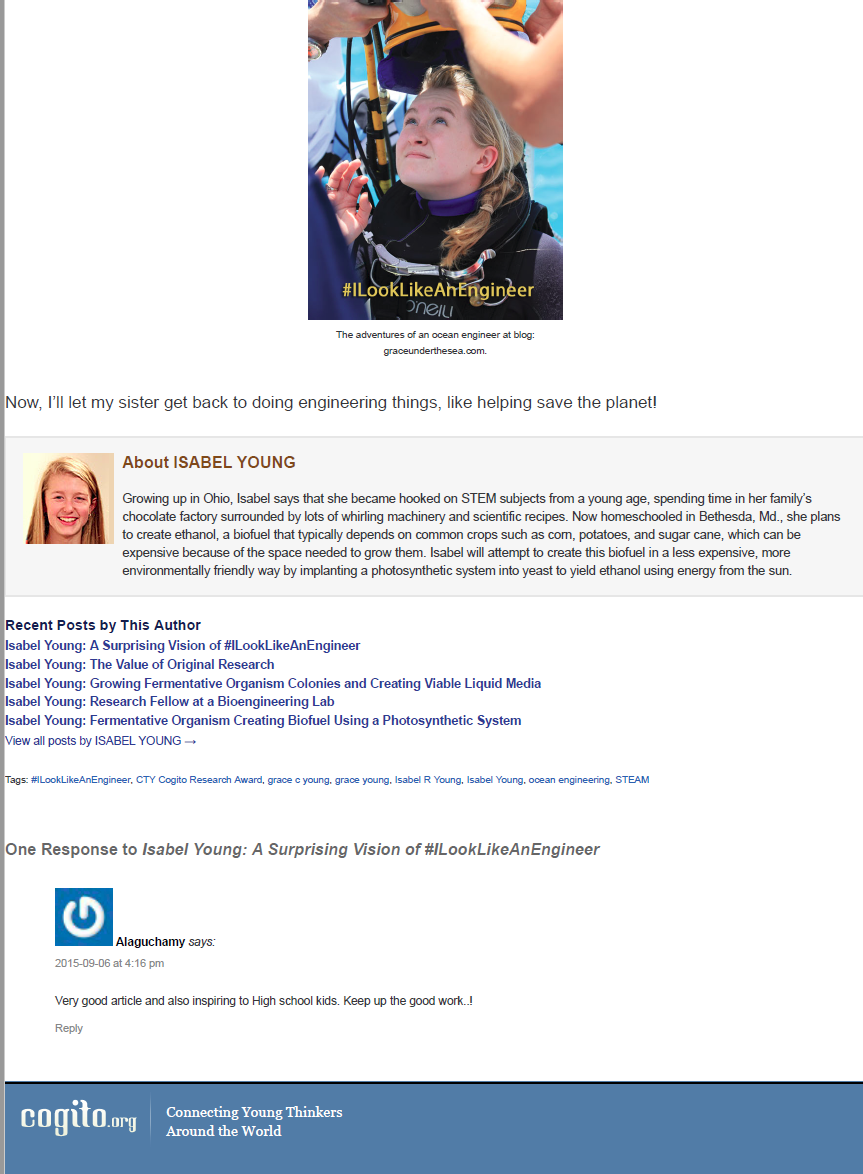
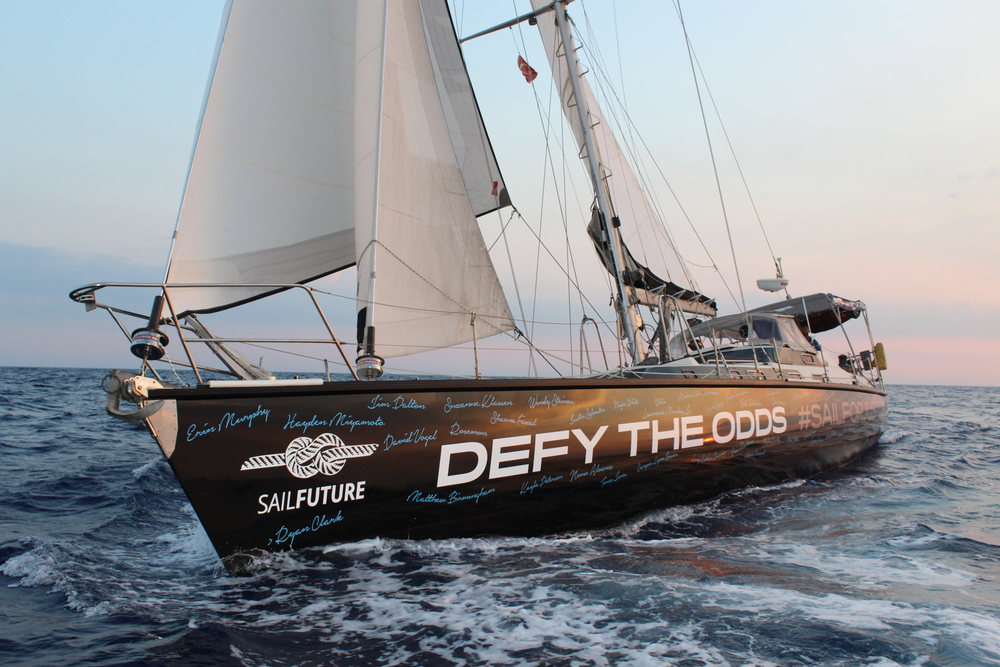
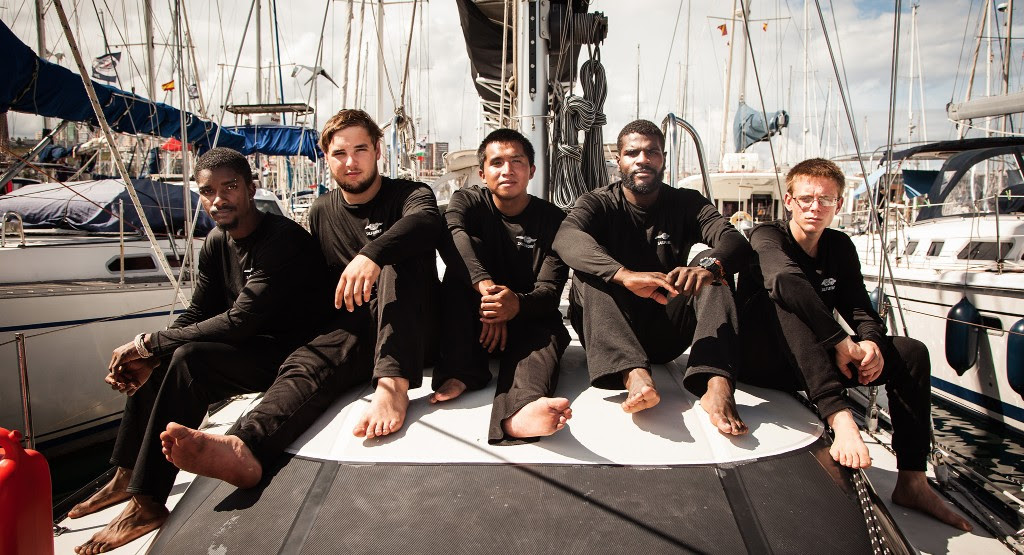


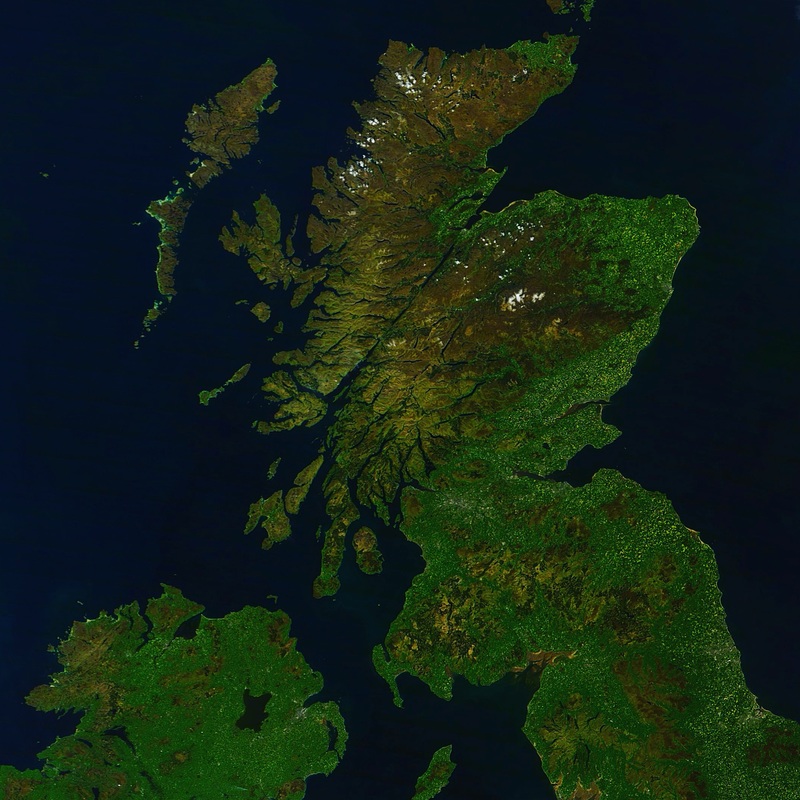



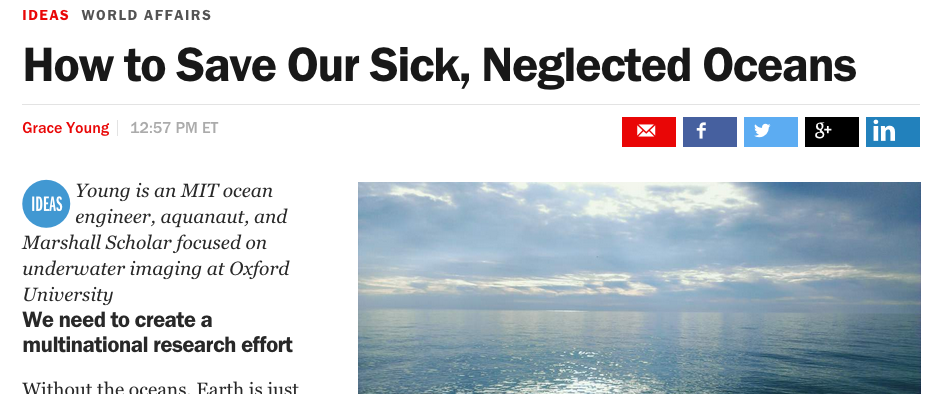
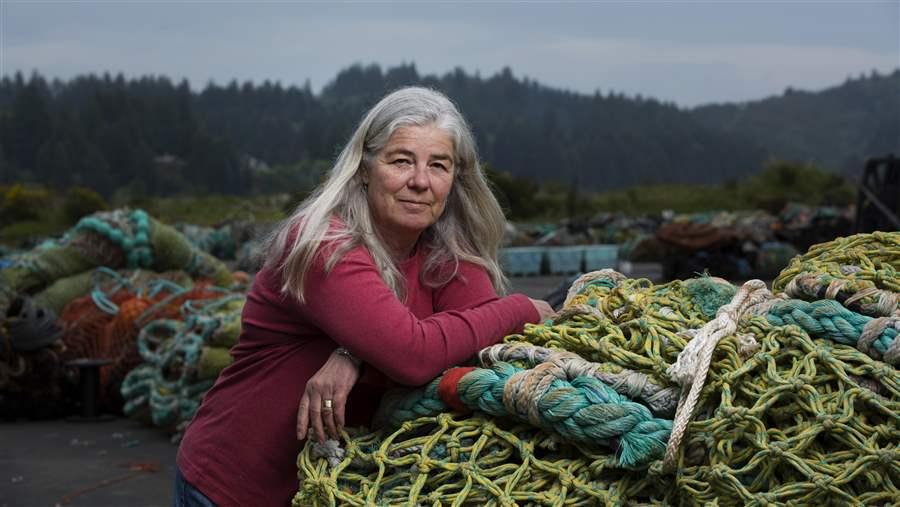
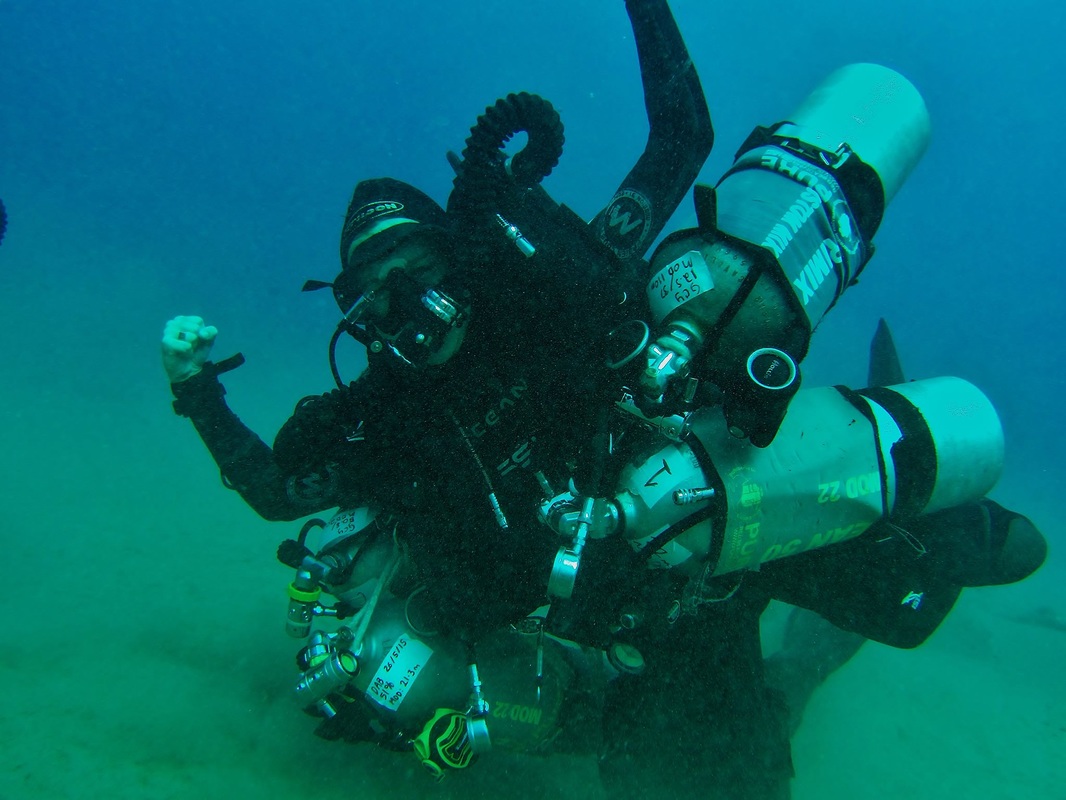
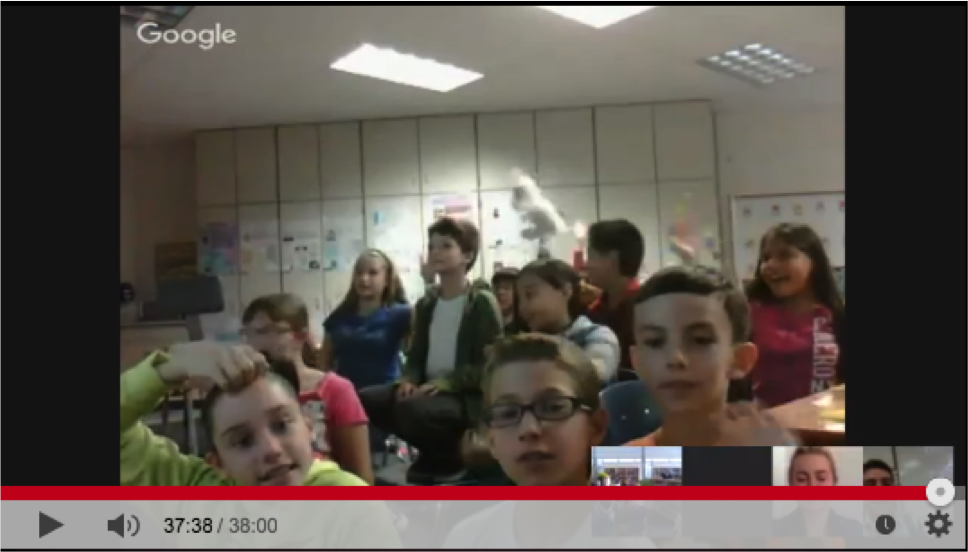
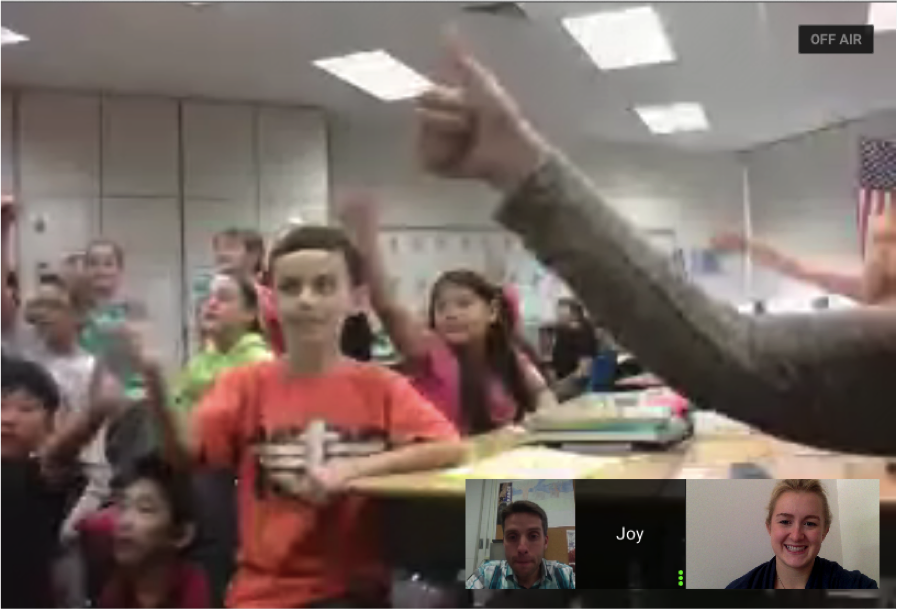

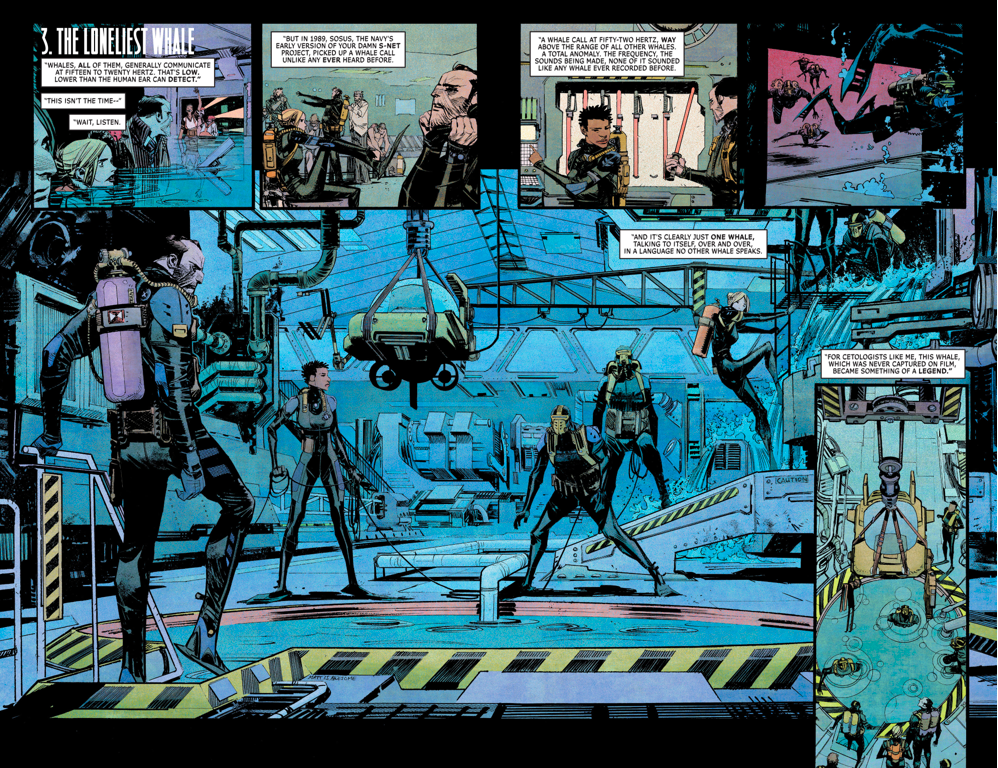
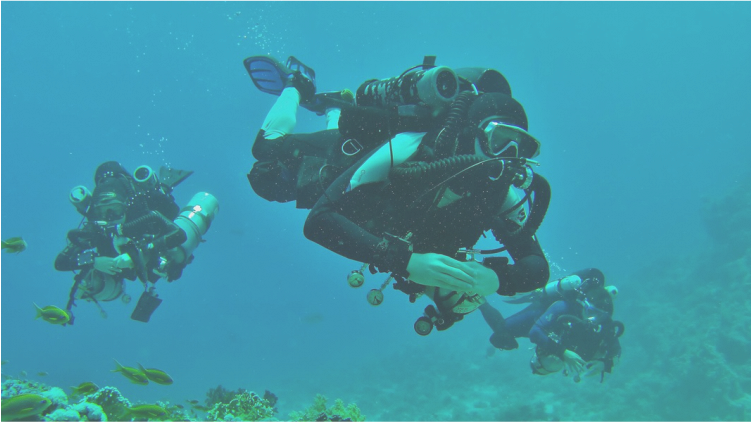
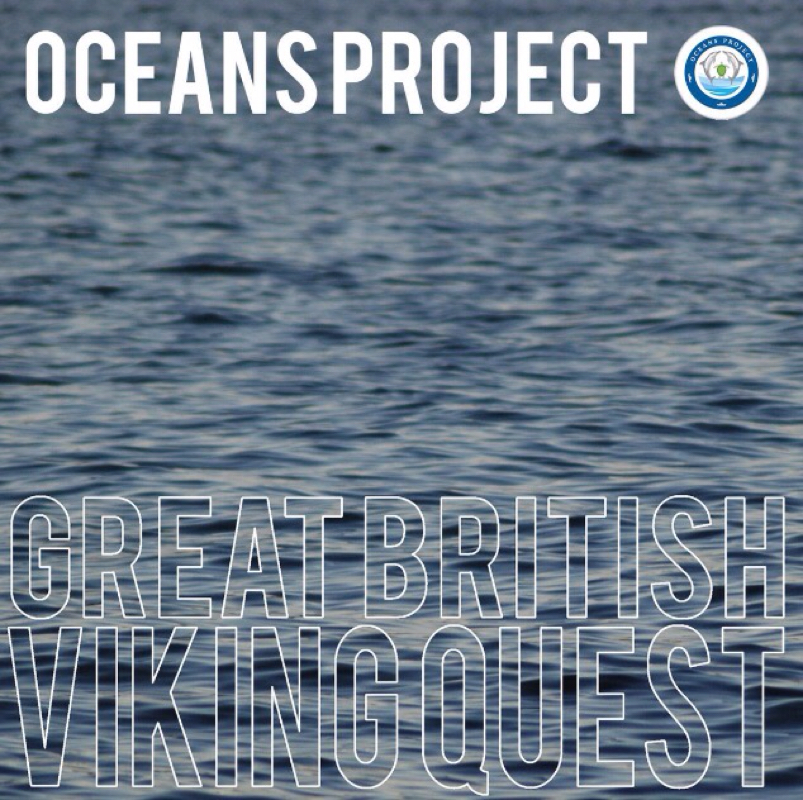
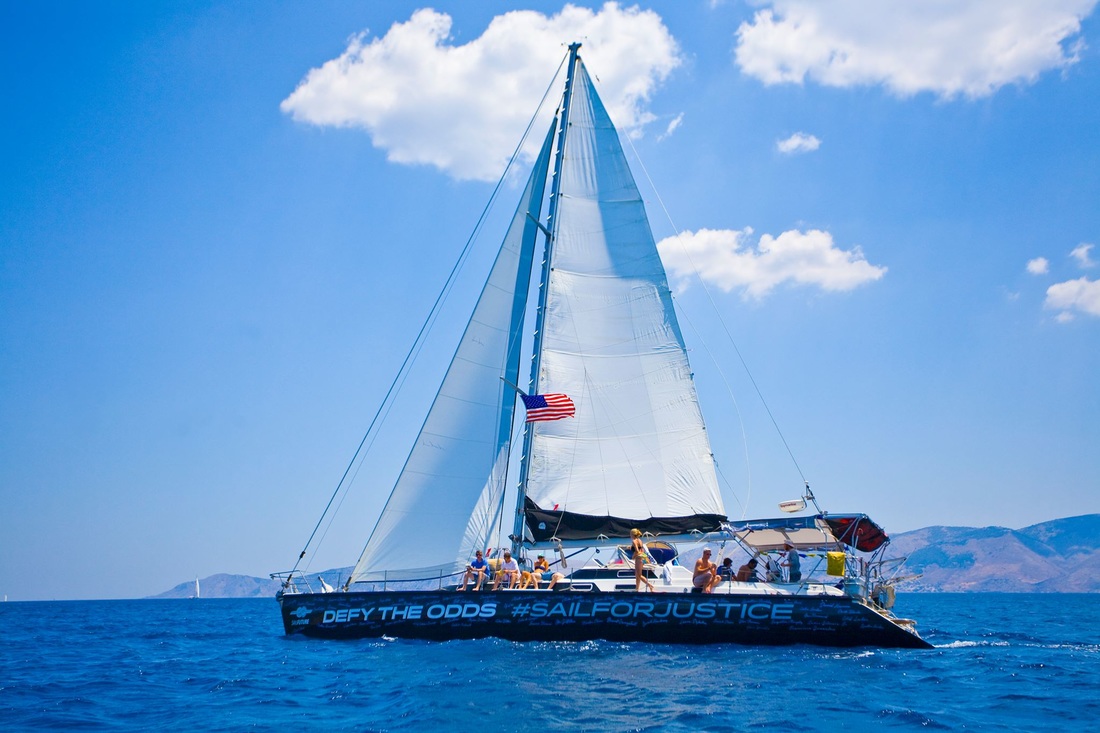
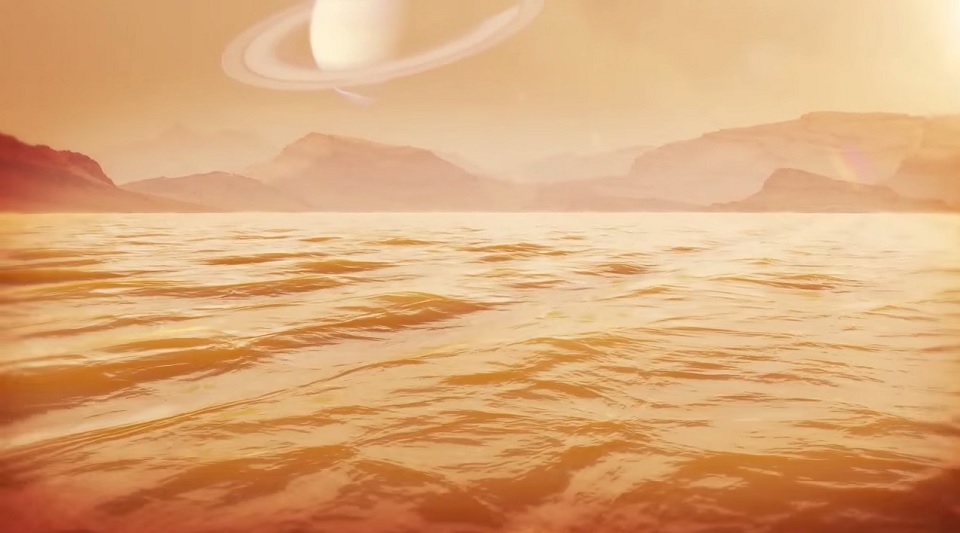
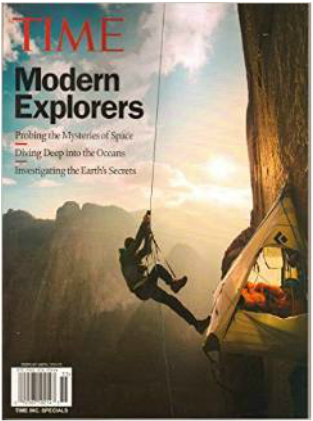
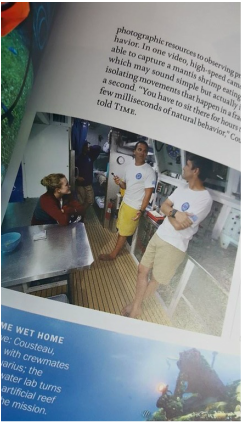
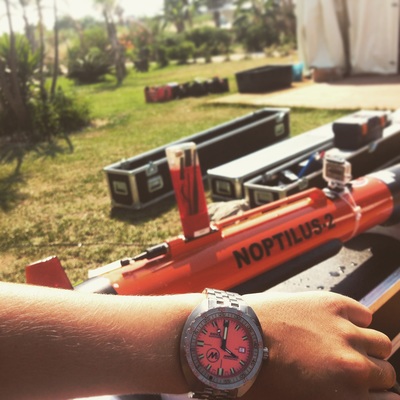
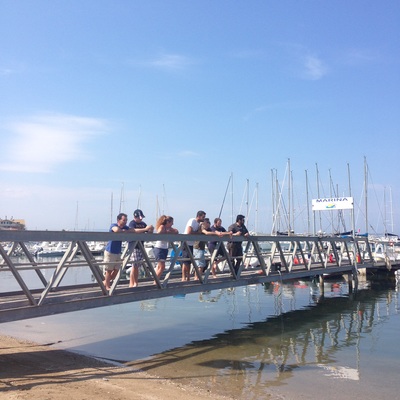
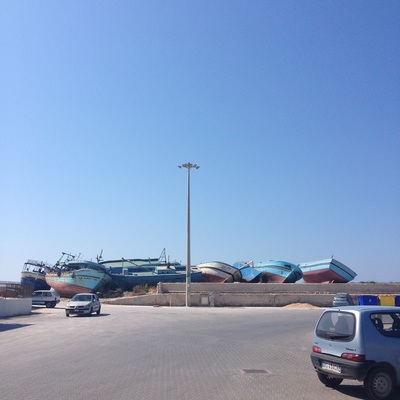
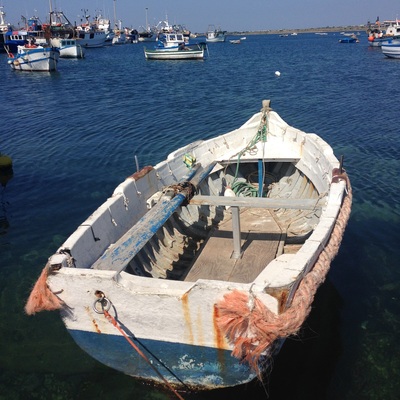
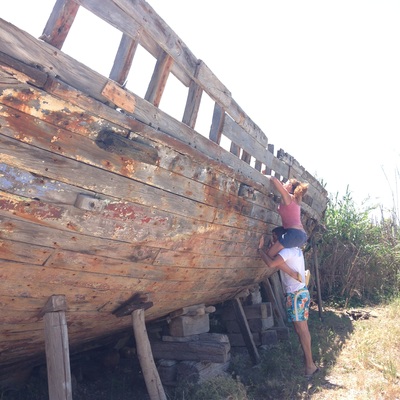
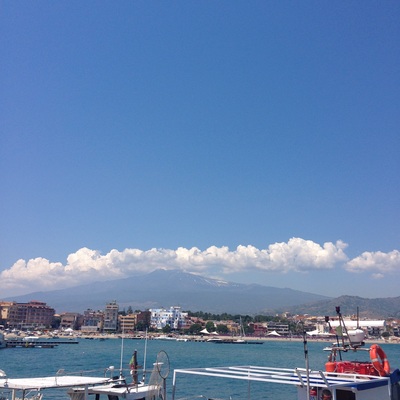
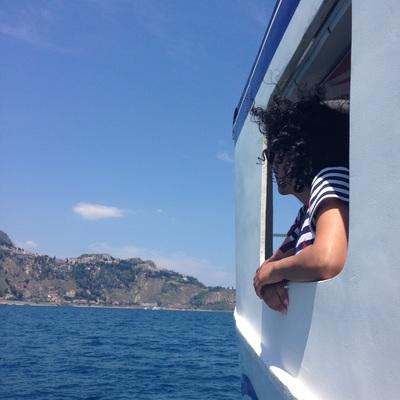
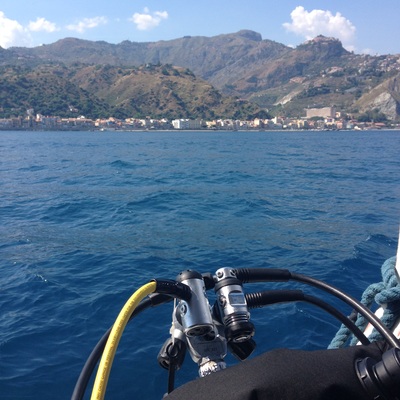
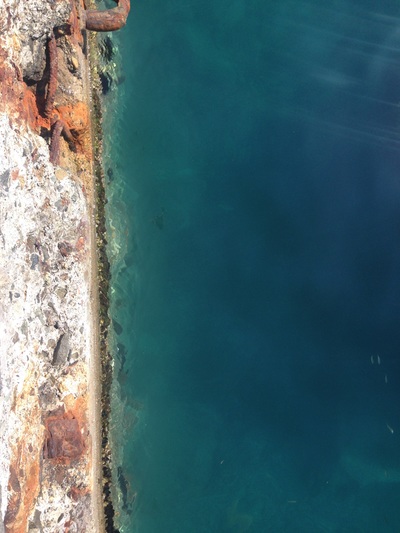
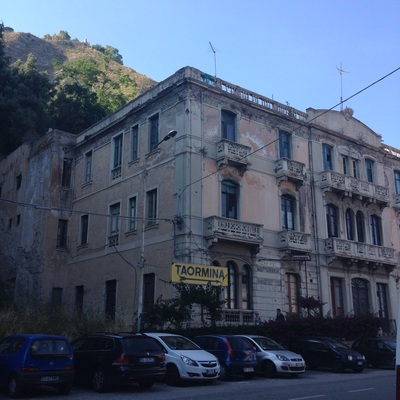
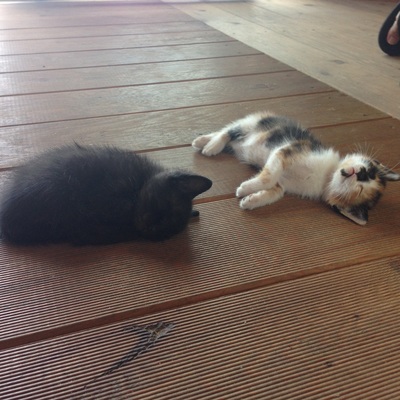
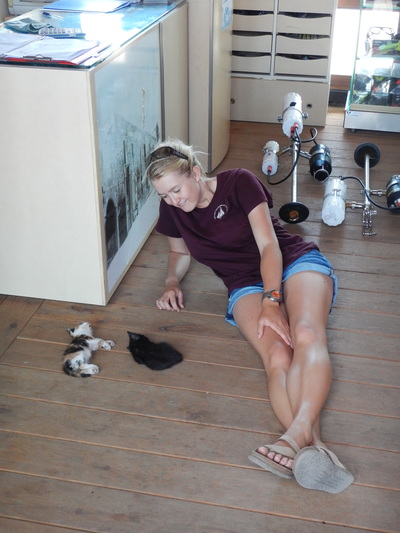
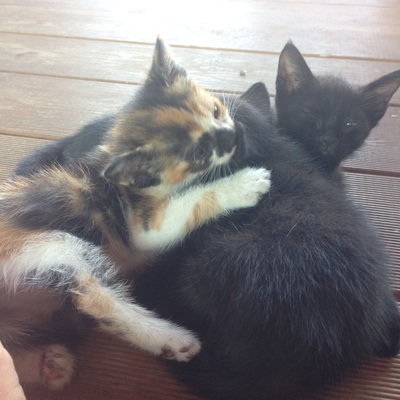
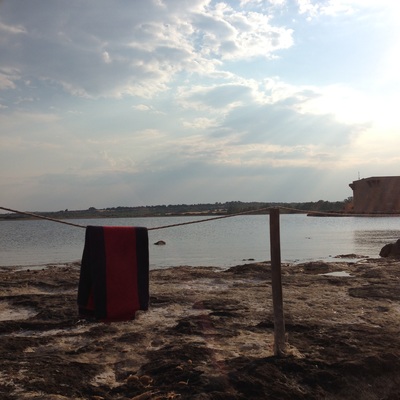
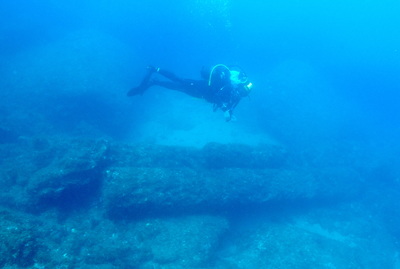
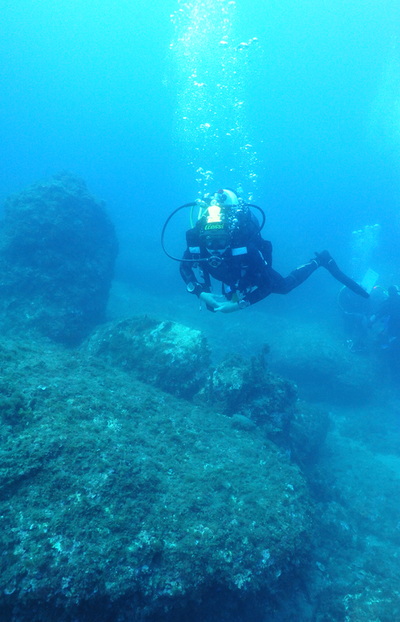
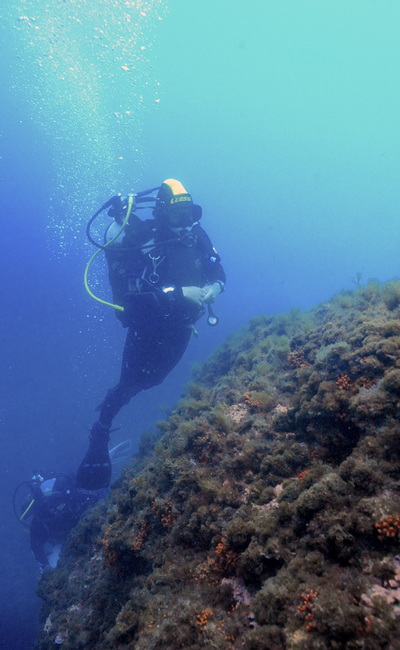
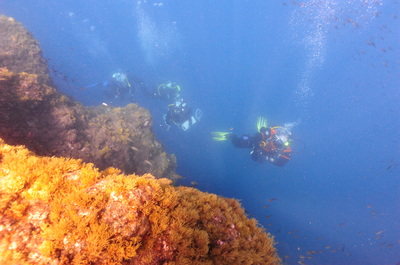
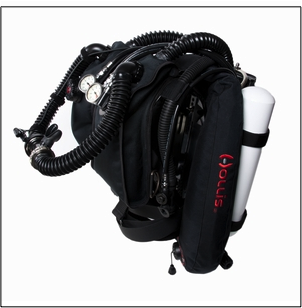
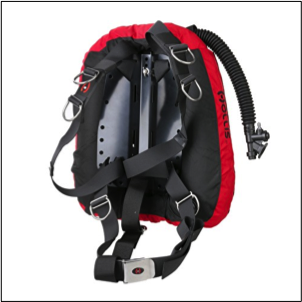
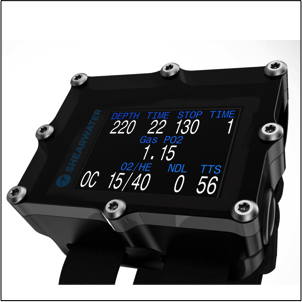
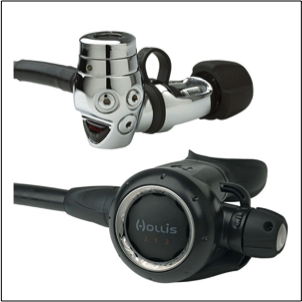
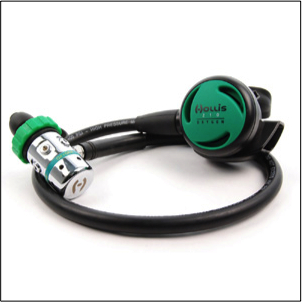
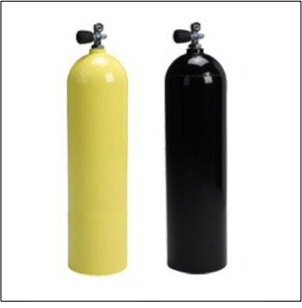
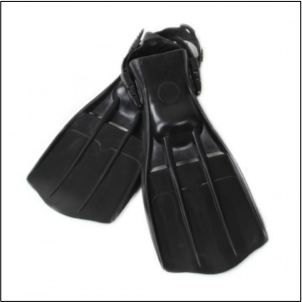
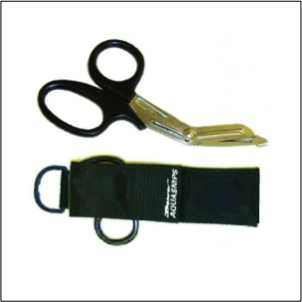
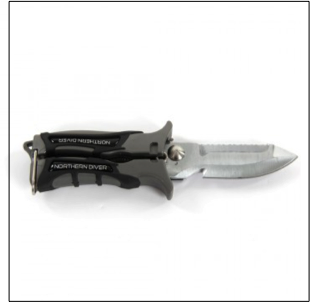
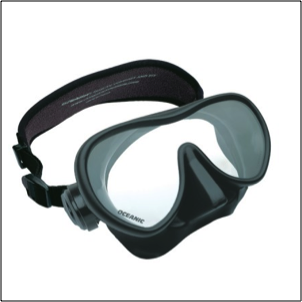
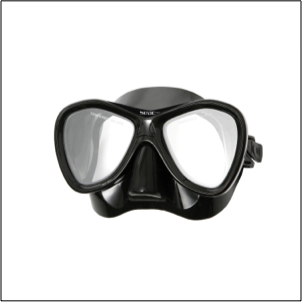
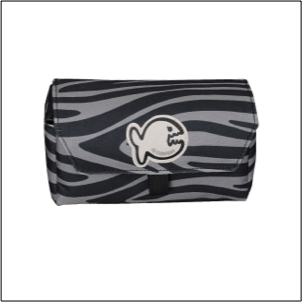


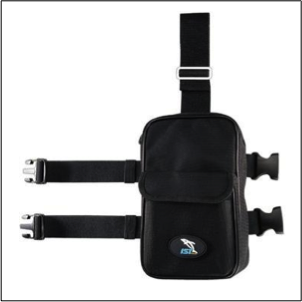
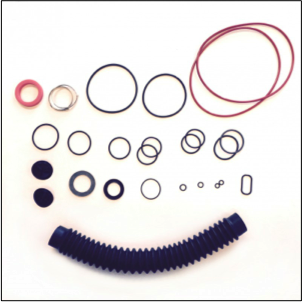
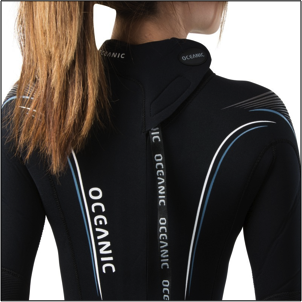
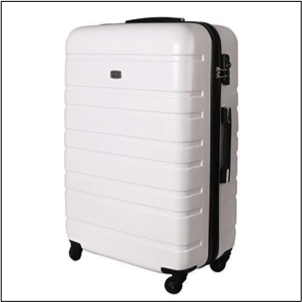
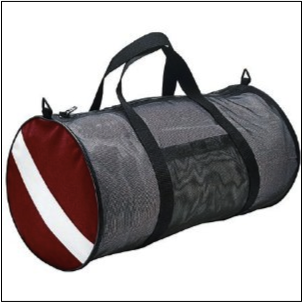


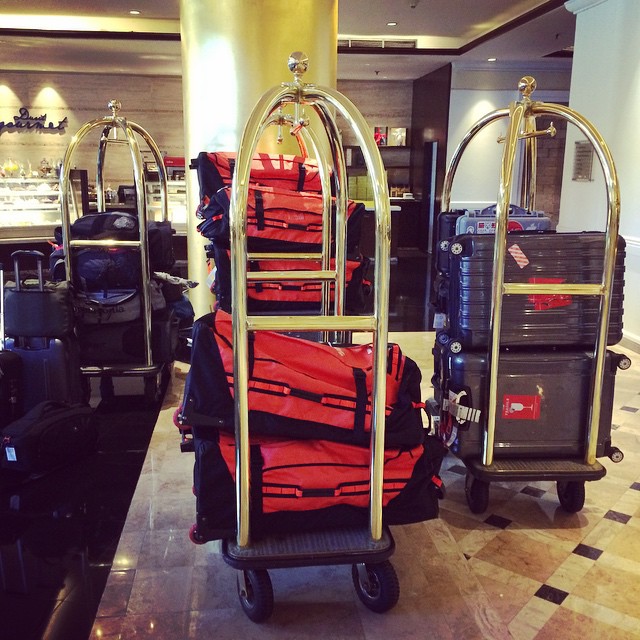
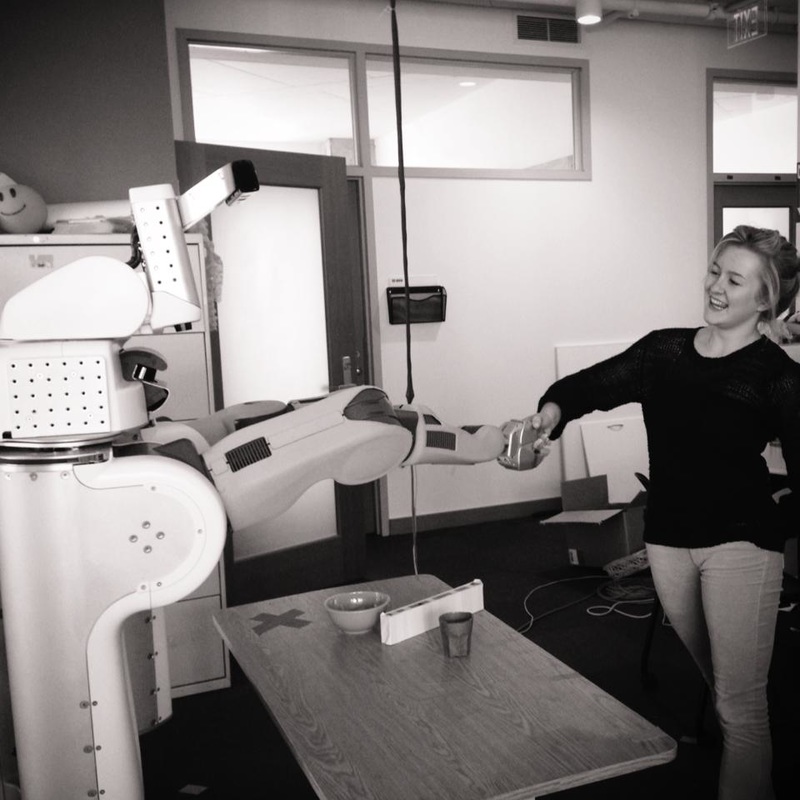
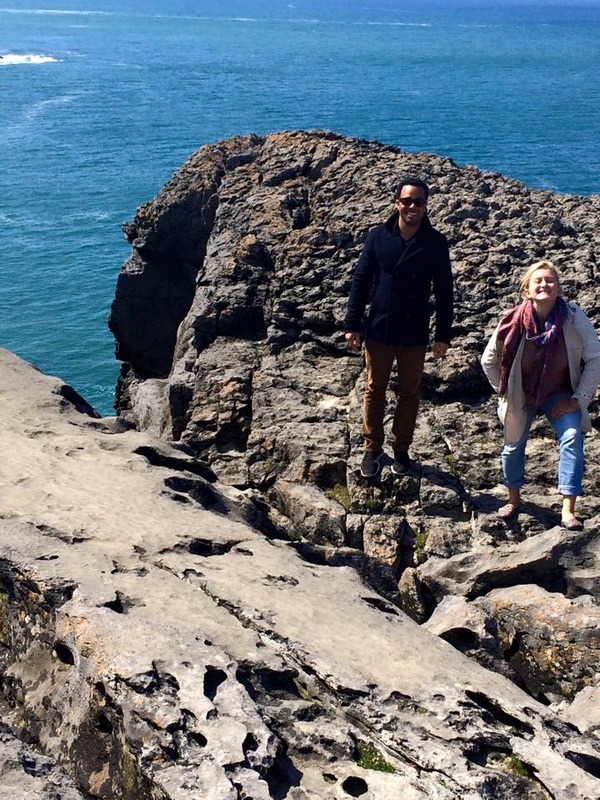
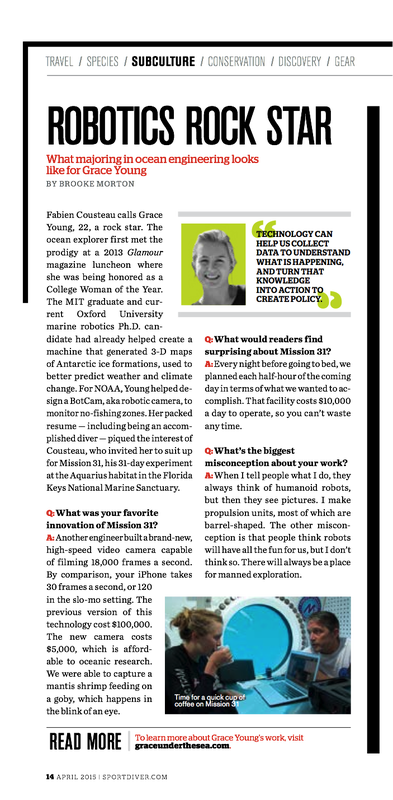

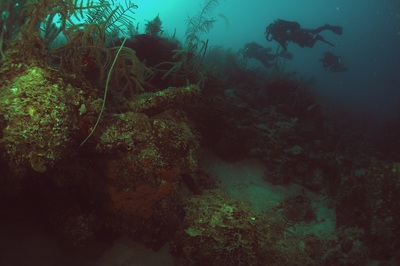
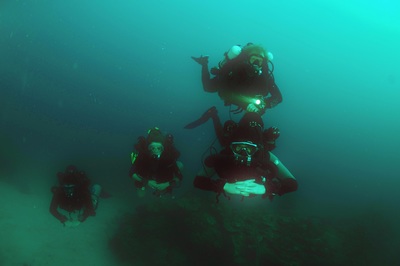
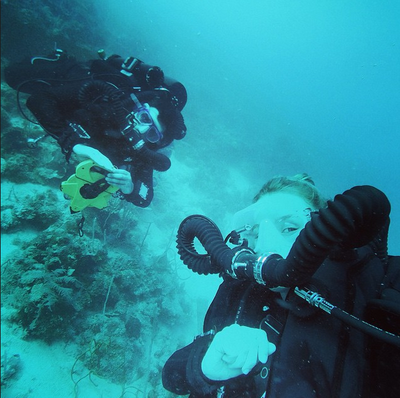
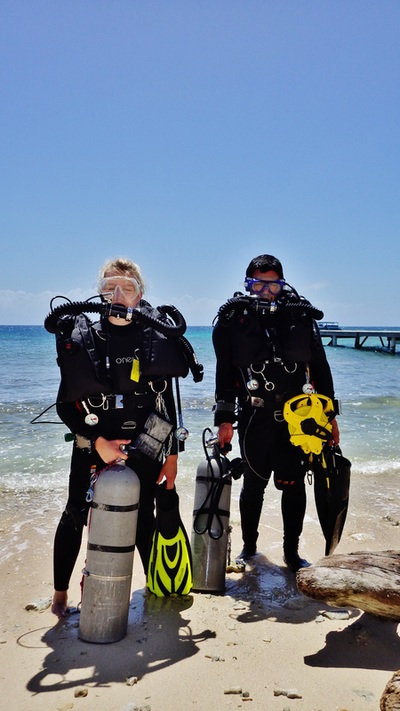
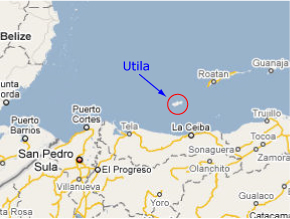
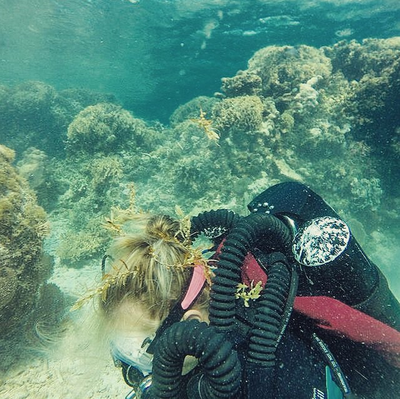
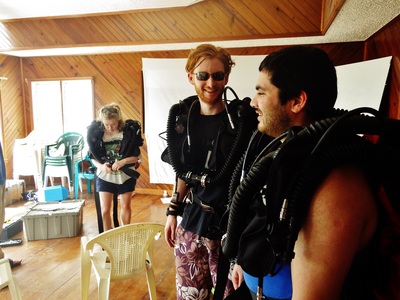
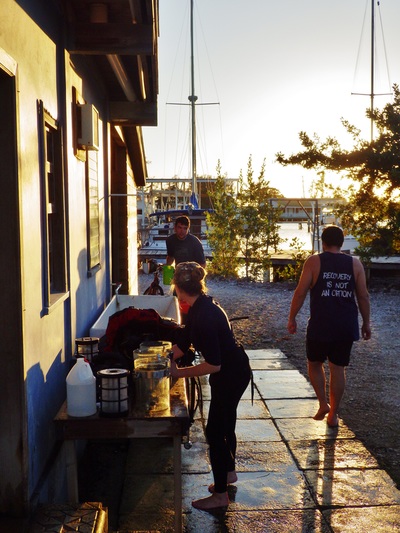
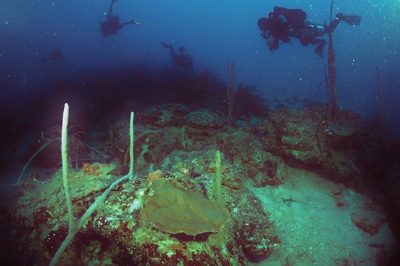
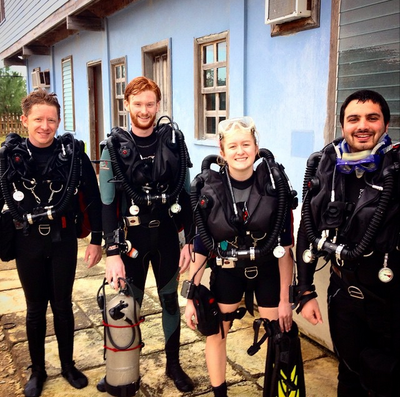
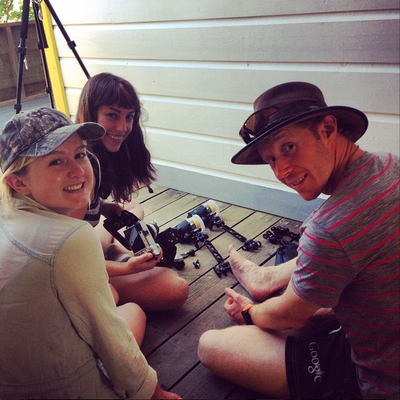
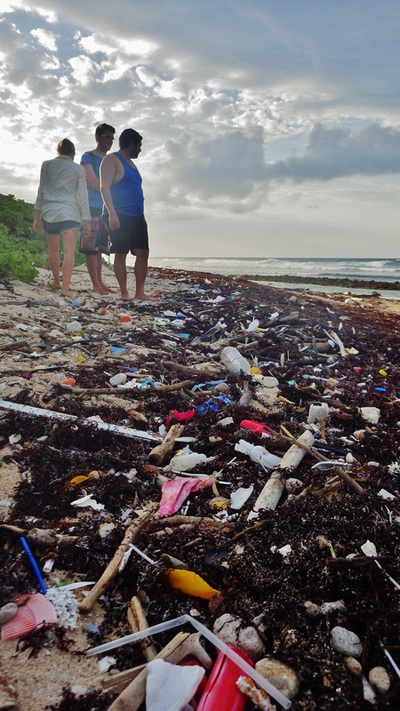
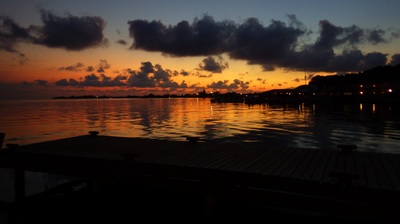
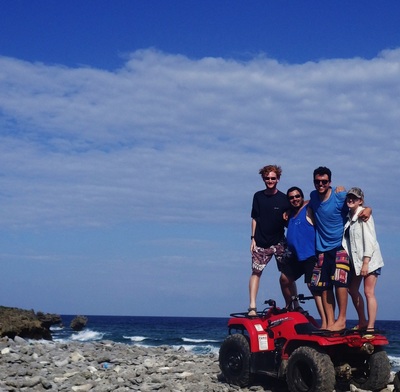
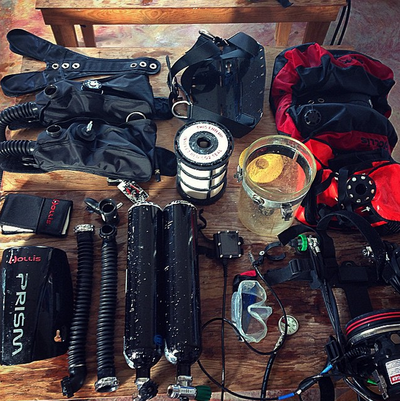
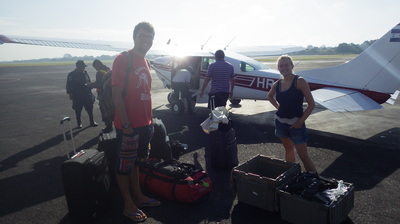
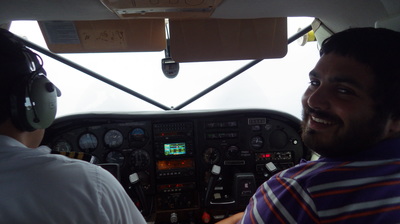
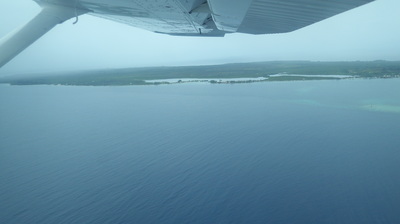
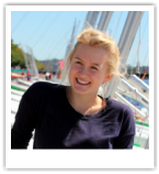
 RSS Feed
RSS Feed
